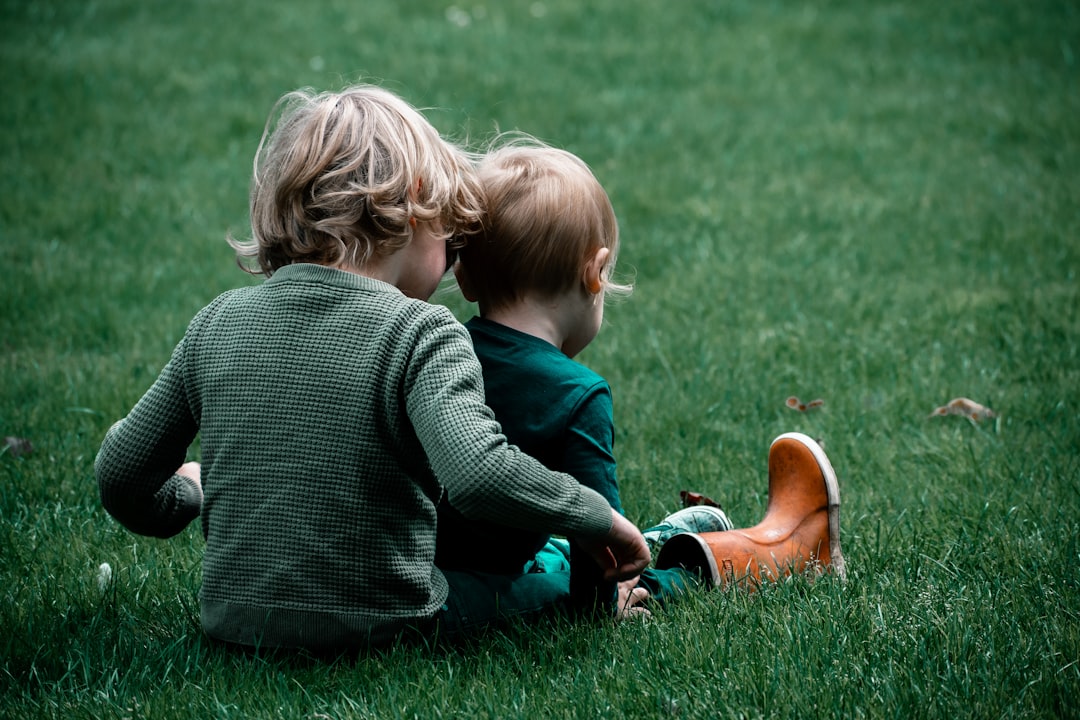In the intricate dance of raising children, parents and educators play pivotal roles that shape not only academic success but also personal development and social abilities. The styles of parenting and education adopted can significantly influence a child’s behavior, outlook, and life skills. This article delves into various approaches, examining their impacts and interactions, to provide a comprehensive guide for those guiding the next generation.
The Influence of Authoritative Parenting
Authoritative parenting strikes a balance between demands and responsiveness, which research consistently finds to be the most effective parenting style. Parents who adopt this approach set clear expectations and enforce rules, yet they remain highly responsive to their children’s emotional needs. This style promotes independence and discipline, often resulting in children who perform well academically and exhibit strong social skills. In educational settings, these traits translate into learners who are engaged, capable of self-regulation, and motivated.
Embracing the Montessori Method
The Montessori method of education, developed by Dr. Maria Montessori, emphasizes hands-on learning, independence, and choice for children, aligning well with the authoritative style of parenting. This educational approach encourages a carefully prepared learning environment tailored to children’s natural development stages. By fostering a sense of autonomy and a love for learning, Montessori can complement home environments where children are taught to think and act independently.
The Impact of Permissive Parenting
Permissive parents are characterized by high levels of warmth and responsiveness coupled with low demands or discipline. Children raised by permissive parents may develop strong creative skills due to the unstructured environment that encourages free expression. However, they might struggle with self-discipline and authority. In educational settings, such children might benefit from more structured learning environments that gently introduce boundaries while still nurturing creativity and self-expression.
The Role of Technology in Modern Education
In today’s digital age, technology integration in education is unavoidable and, when used wisely, can be highly beneficial. Digital tools can complement various parenting and educational styles by providing interactive, personalized learning experiences. For instance, authoritative parents might use educational apps to reinforce concepts while maintaining strict screen time rules. Similarly, educators can use technology to enhance learning, offering students virtual experiences that align with their learning needs and home upbringing.
Cultivating Emotional Intelligence
Emotional intelligence (EQ) is as crucial as academic intelligence (IQ) in determining a child’s success. Parenting and educational styles that prioritize emotional development—such as empathetic communication, understanding diverse perspectives, and managing emotions—can lead to well-rounded individuals. Programs focusing on social-emotional learning in schools are pivotal in cultivating these skills, ideally reflecting the emotional nurturing a child receives at home.
In conclusion, the synergy between parenting and educational styles is essential for the holistic development of children. By understanding and carefully choosing approaches, parents and educators can provide environments that nurture well-balanced, intelligent, and empathetic individuals. This exploration into diverse styles not only highlights their unique benefits but also underscores the importance of adaptability and responsiveness to the needs of each child.






